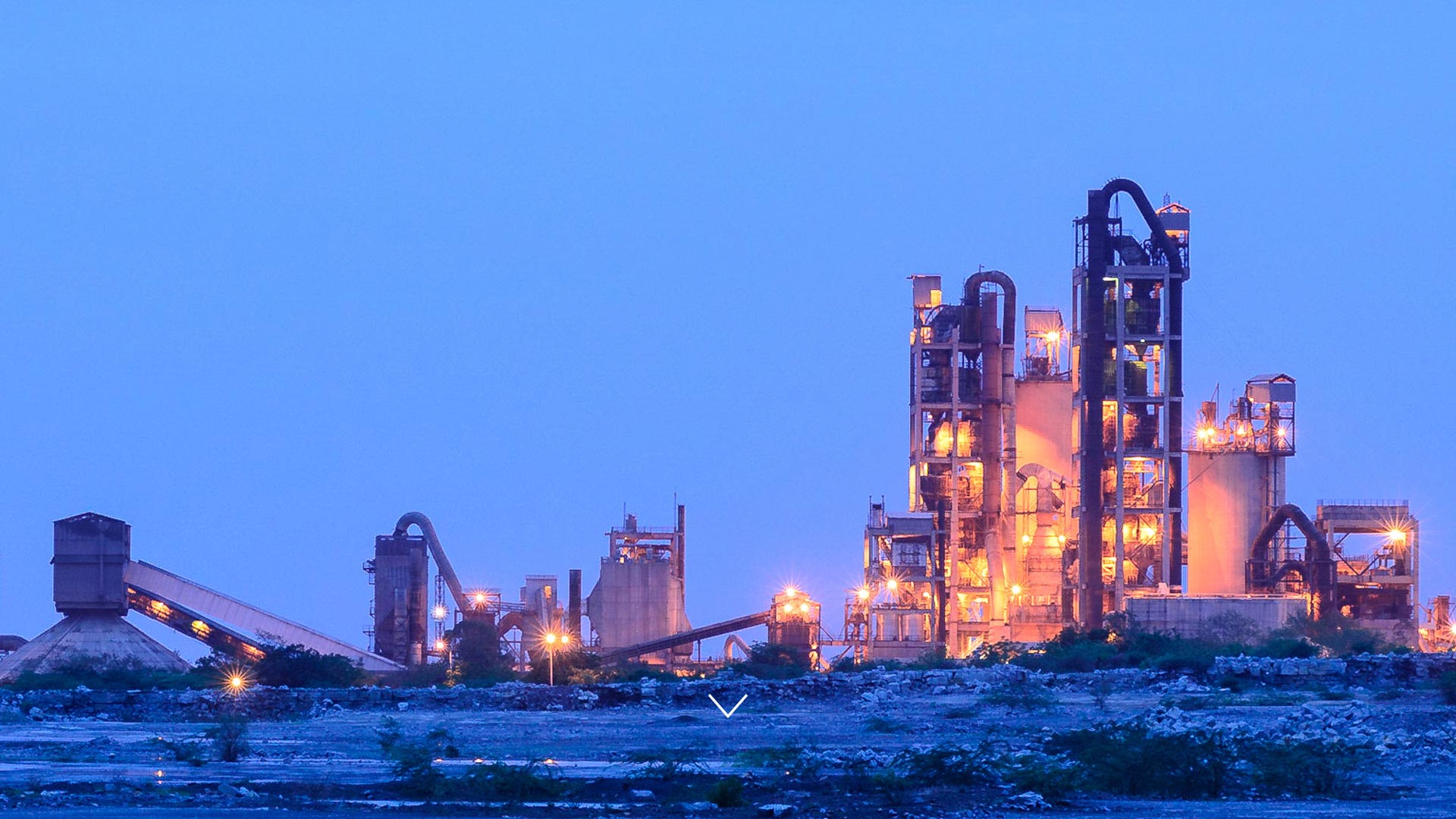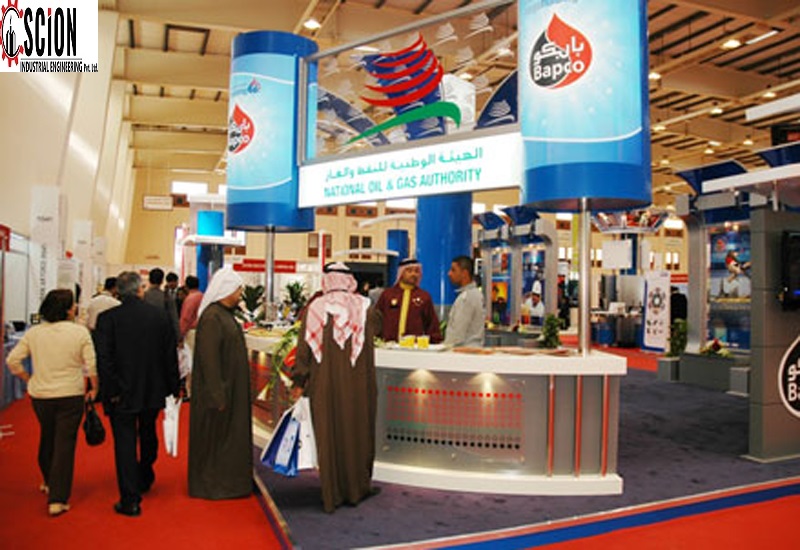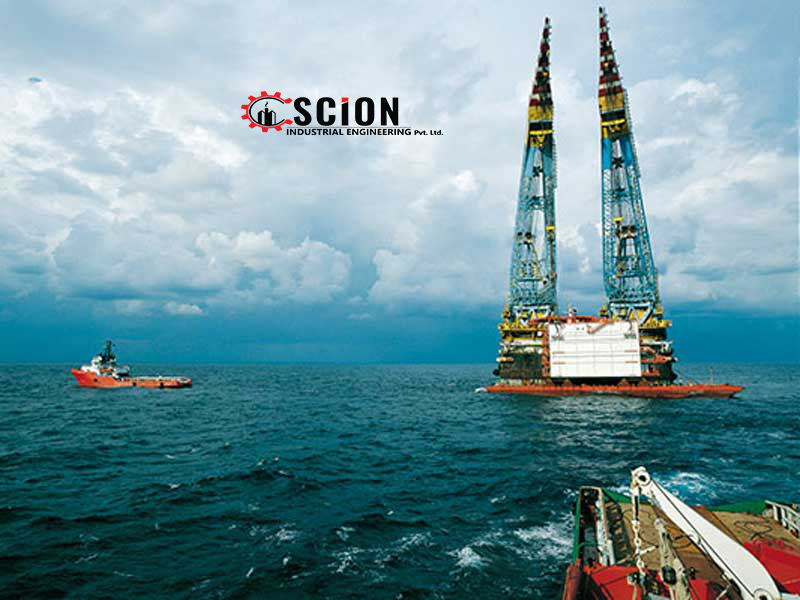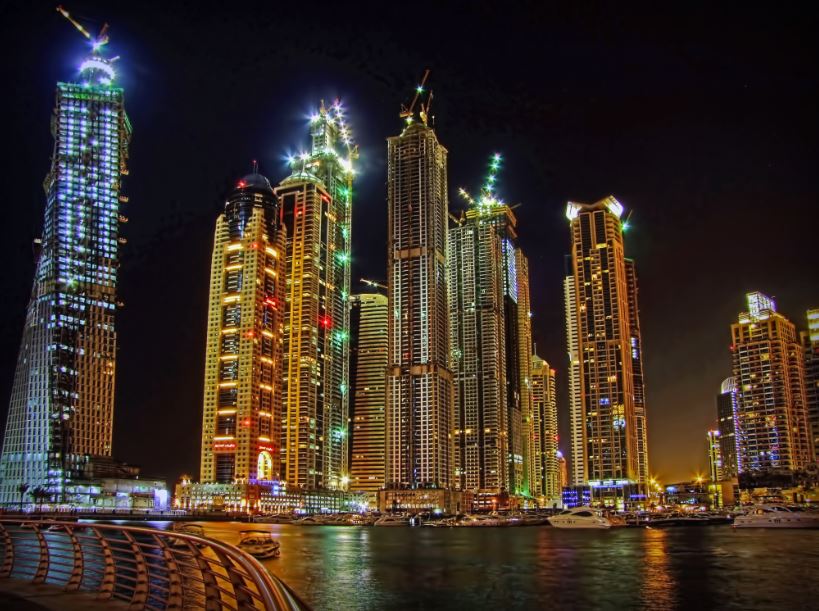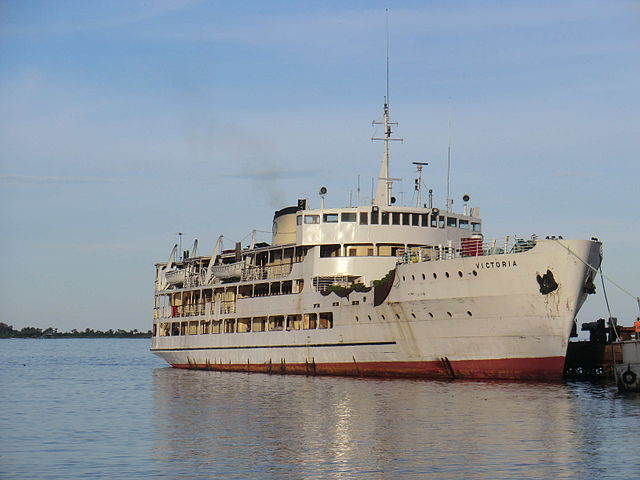On the sidelines of summits in Riyadh on Friday with the visiting president of China, Saudi Arabia’s Crown Prince and Prime Minister Mohammed bin Salman presided over the meeting of the 43rd session of the Supreme Council of the Gulf Cooperation on behalf of King Salman.
Lauding Saudi Arabia’s convening of the Riyadh GCC-China Summit for Cooperation and Development and the Riyadh Arab-China Summit for Cooperation and Development, the Supreme Council said it was looking forward to their contribution to strengthening cooperation and the strategic partnership with China.
Among those in attendance were Sheikh Hamad bin Mohammed Al-Sharqi, the ruler of Fujairah, as representative of UAE President Sheikh Mohamed bin Zayed; King Hamad bin Isa Al-Khalifa of Bahrain; Emir of Qatar Sheikh Tamim bin Hamad Al-Thani; Crown Prince of Kuwait Sheikh Mishal Al-Ahmad Al-Jaber Al-Sabah; Sayyid Fahd bin Mahmoud Al-Said, deputy prime minister of Oman; and Dr. Nayef Falah Mubarak Al-Hajraf, secretary-general of the GCC.
During the summit, the Supreme Council reaffirmed its support for the sovereignty of Palestinians over all Palestinian territories occupied by Israel since June 1967.
Condemning Israel’s continued settlement-building on occupied Palestinian lands, the council urged the international community to intervene and stop the expulsion of Palestinians from their homes.
It cautioned that attempts to impose Israeli sovereignty on Palestinian people was a clear violation of international law.
“Our countries reiterate the need for a just and lasting solution to the Palestinian cause in accordance with the resolutions of international legitimacy and the Arab Peace Initiative, in a way that guarantees the Palestinian people’s rights with Al-Quds as its capital,” the Saudi crown prince said, referring to East Jerusalem.
He also reiterated the Kingdom’s full support for international efforts aimed at arriving at a comprehensive political solution in Yemen.
The Supreme Council stressed that future negotiations with Iran over the nuclear issue must address Tehran’s attempts at destabilizing the region and its sponsorship of terrorism and sectarian militias.
Saudi Arabia emphasized the need for Iran to abide by international principles and charters, fulfill its nuclear obligations, cooperate with the International Atomic Energy Agency, and maintain the principle of good neighborliness.
The Saudi crown prince took the opportunity to announce the Kingdom’s intention to launch the second phase of Vision 2030.
“In light of the significant developments over the past seven years, resulting from the implementation of the GCC’s ambitious development and economic transformation plans, the Kingdom of Saudi Arabia intends to present a second phase of the vision of the Custodian of the Two Holy Mosques, King Salman bin Abdulaziz Al Saud,” he said.
“The vision contributed towards strengthening the strategic role of the Gulf Cooperation Council, regionally and globally, accelerating the council’s progress in the economic, social, security, military and political fields — including the appointment of military commanders to the unified military command of the Gulf Police.”
Affirming that the GCC countries will remain a safe and reliable source to provide the world with its “green energy” needs, the crown prince highlighted the Kingdom’s efforts in launching the Saudi Green Initiative, the Middle East Green Initiative, the concept of a circular carbon economy, and other programs aimed at developing sustainable energy sources.
Underscoring the need for sustainable development, the crown prince said: “The Kingdom believes that hydrocarbon energy sources will remain an important resource to meet the needs of the world for the coming decades.”
He added: “Aware of the importance of sustainable development and preserving the environment for future generations, we continue joint action to address climate change and strive to reduce and address its impact.”
The Saudi crown prince congratulated Sultan Haitham bin Tariq on Oman’s assumption of the presidency of the 43rd session of the Supreme Council.
He also paid tribute to the late UAE President Sheikh Khalifa bin Zayed Al-Nahyan’s outstanding role and his efforts to enhance the work of the Supreme Council.
The Saudi crown prince congratulated Sheikh Tamim for his success in hosting the ongoing football FIFA World Cup in Qatar.
At the outset of his speech, the crown prince warmly welcoming the GCC representatives to Saudi Arabia, asking them to consider the Kingdom as their “second country.”
He added: “We ask the Almighty Allah to help us continue with the march of goodness and cooperation and to promote the GCC’s joint action toward steady development and prosperity.”
In the final communique issued at the end of Friday’s session, the Supreme Council thanked the crown prince for assuming the presidency of the meeting, and expressed its appreciation for the “keenness and interest mentioned in his opening speech to activate the march of cooperation among GCC countries.”
It also expressed its “deep appreciation and gratitude for the great and sincere efforts” of King Salman and the Saudi government during the Kingdom’s “presidency of the 42nd session and the important steps and achievements that were achieved.”
Source:https://www.arabnews.com/node/2213731/saudi-arabia

